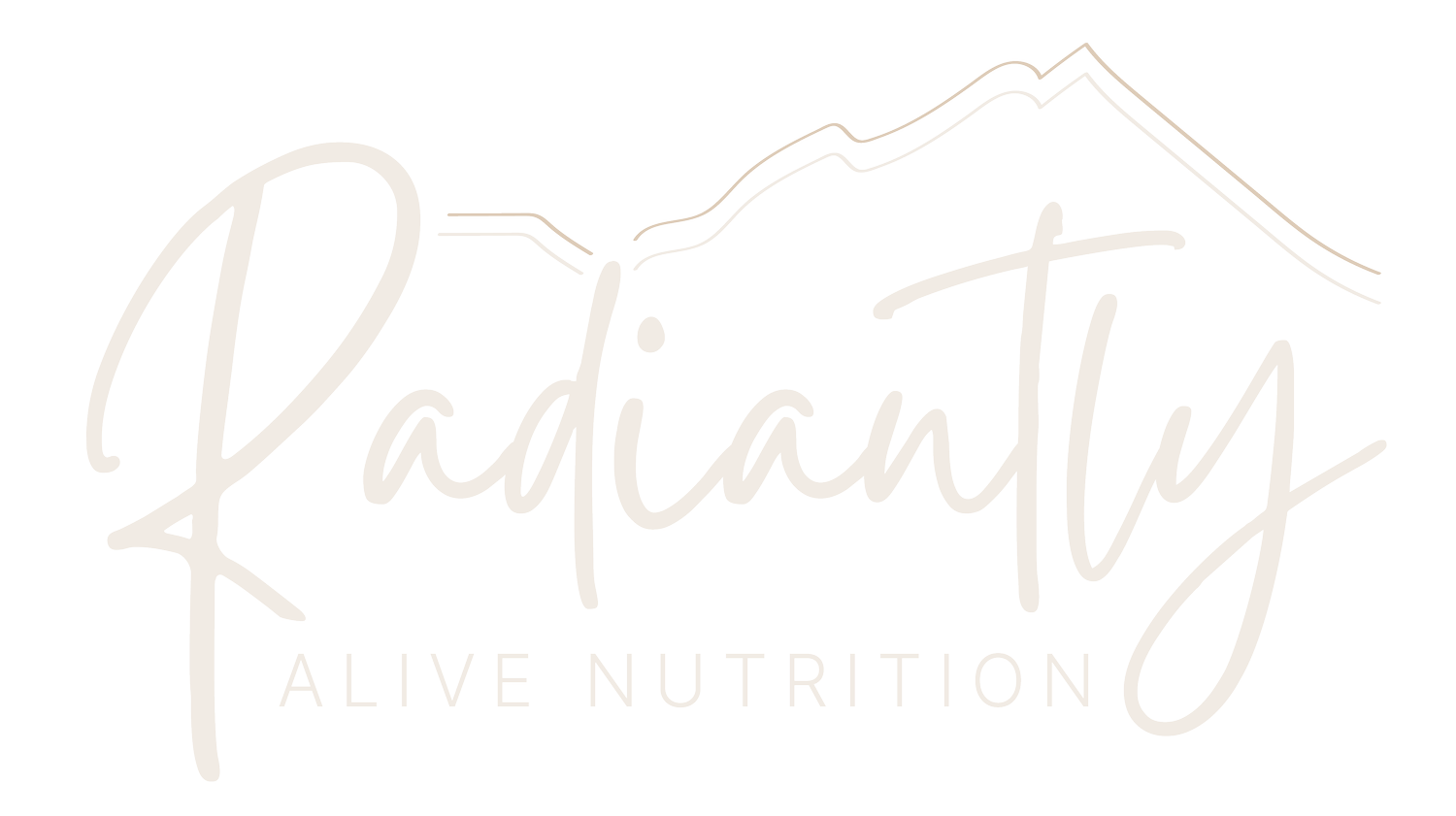The Thyroid-Gut Connection
The composition of our gut bacteria, AKA our microbiome, affects our bodies ability to assimilate and absorb key micronutrients such as iodine, selenium, zinc, iron, B-vitamins, vitamin A, and tyrosine—all of which are essential to healthy thyroid function.
If the gut needs support and isn't absorbing necessary nutrients, it's a possibility that the thyroid may also be negatively impacted.
Research has shown that hypothyroidism (low thyroid) causes digestive dysfunction by significantly reducing motility (movement), so it is highly recommended thyroid function be checked in those who experience digestive symptoms on a regular basis.
Leaky Gut and Autoimmune Thyroid Disorders
Leaky gut, also known as increased intestinal permeability, occurs when the lining of the gut becomes damaged, allowing undigested food particles, toxins, and bacteria to leak into the bloodstream. This triggers an immune response, leading to chronic inflammation and the development of autoimmune diseases.
In the case of the thyroid, autoimmune thyroid disorders like Hashimoto's thyroiditis and Graves' disease are the most common. Hashimoto's thyroiditis occurs when the immune system attacks the thyroid gland, leading to hypothyroidism. On the other hand, Graves' disease causes the immune system to produce antibodies that stimulate the thyroid to produce excessive amounts of thyroid hormones, resulting in hyperthyroidism.
Research suggests that an unhealthy gut can be a contributing factor to the development of autoimmune thyroid disorders. By repairing the gut lining and balancing the gut microbiome, it might be possible to alleviate some of the symptoms associated with these conditions.
Stress, Cortisol, and the Thyroid-Gut Axis
Chronic stress can wreak havoc on the body, affecting various systems, including the gut and the thyroid. When the body is under stress, it releases the hormone cortisol, which can disrupt the balance of the gut microbiome. Increased cortisol levels can lead to dysbiosis, inflammation, intestinal permeability and other health issues - ultimately affecting thyroid function.
Additionally, stress can also impact the production and conversion of thyroid hormones. In stressful situations, the body may prioritize the production of stress hormones over thyroid hormones, leading to imbalances and further exacerbating thyroid-related issues.
Here are 4 ways you can start to support your thyroid today:
1. Eat enough food: So often when people are trying to lose weight or are just unsure of what to eat with their symptoms, they tend NOT to eat. Here's the thing - food is like logs on a fire. In order to keep our metabolism/ thyroid function going (the fire), we NEED food (the logs!). We don't just need food, we need nourishing, nutrient-dense food.
When making your meals, you really want to focus on every meal and snack being a combination of protein, carbs, and fat.
2. Time your eating: Everyone's a little different here, but most of the people I encounter are in a state of needing to focus on blood sugar regulation. This means keeping your blood sugar nice and stable throughout the day. For that, I have found that eating within the first 30-45 minutes of waking quickly lowers the body's stress response (reducing a cortisol spike) and then eating every 3-4 hours after that.
Also, many people do well with adding in a bedtime snack.
3. Don't over-consume foods that are anti-thyroid: I do not believe these foods are BAD. However, for healing and maintaining optimal thyroid health, they should not be consumed daily, but rather in moderate amounts.
These anti-thyroid foods include: nuts and seeds, cruciferous vegetables, relying too much on muscle meats and not switching up the proteins throughout the day (instead, try adding in gelatin, fish, shellfish, bone broth, eggs and dairy!)
Each one of the anti-thyroid foods listed above have some kind of anti-thyroid component to them, whether it’s an amino acid in muscle meats or the goitrogenic properties in cruciferous vegetables.
When consuming nuts and seeds it’s best to sprout and soak them, and when consuming cruciferous veggies it’s best to enjoy them well cooked.
4. Identify potential food sensitivities: Identifying and addressing food sensitivities through an elimination diet can reduce gut inflammation and promote overall well-being, indirectly benefiting thyroid health.
The thyroid-gut connection reveals the intimate relationship between our gut health and thyroid function. By nurturing our gut microbiome, healing the gut lining, and managing stress, we can potentially improve thyroid function and alleviate related health issues.
Embracing a holistic approach to health that addresses both the gut and the thyroid can lead to a happier, healthier, and more balanced life. Remember to consult with a healthcare professional if you suspect any thyroid or gut-related concerns to receive personalized advice and guidance.
Contact me to discuss potential gut health and thyroid imbalances today!

